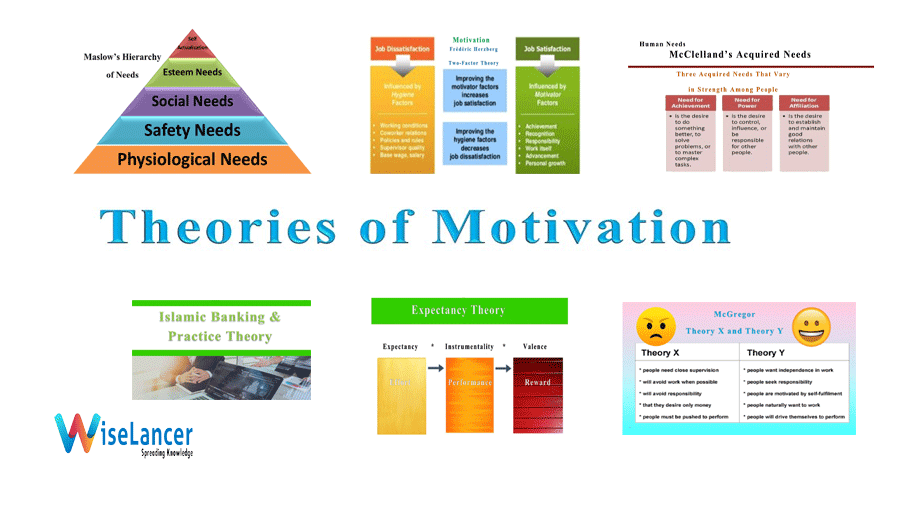Expectancy Theory
Theories of Motivation

The expectancy theory presented by Victor Vroom suggests that an individual’s behavior can be motivated by anticipated results and consequences. It proposes that an individual decides to behave in a particular manner based on the expected outcome of the selected behavior. Expectancy theory has three essential components – expectancy, instrumentality, and valence (Miner, 2006).
They determine the level of expectation (E). Expectation refers to the probability of being able to attain set goals. The manager must feel if the employee expects to attain the set objectives. It also means that the goals supposed by the employee to be unachievable will create motivation.
Determining the level of the valence (V). The valence is the desirability felt towards the sought objectives. The manager must feel the value that the collaborator places on the objectives. Do these objectives have a meaning for the employee? In other words, are the objectives worth the effort he will set himself? Are they worth the effort to activate?
Determining the level of instrumentality (I). This is the evaluation of the reward as per the attained objectives. This instrumentality might not be connected with the notion of justice; it is what the collaborator feels is fair! The management needs to aim toward equitable instrumentality.
We take the example of a bank manager who offers one of his employees to become a project manager. A priori, this should increase motivation through an accountability mechanism (as Mary Parker Follet shows). However, the employee can analyze and perceive the proposal as a threat.
Regarding the expectation: the person does not feel capable of ensuring the management of this project because he has never had experience in the matter and needs to have the required skills. We, therefore, have Expectation = 0 because the employee thinks: “I will not succeed”
Regarding instrumentality, the position is temporary and will not allow the employee to progress to a permanent project manager position. We, therefore, have Instrumentality = 0 because the employee thinks: “I will not gain anything”
Regarding Valencia: the position could be understood as a transition to a project manager position, but the person wishes to become a technical expert. We, therefore, have Valence = 0 because the employee thinks: “that does not interest me.”
Source: Cesare and Sadri (2003)
We retain that before putting in place measures that should a priori promote motivation, the manager must carefully study whether his proposal allows the employee to fully benefit from this opportunity through the valence, the instrumentality, and the expectation. The previous example also shows us that each employee does not react in the same way because he has different expectations than another employee. Here again, the leader must therefore consider each person’s human characteristics to be as efficient as possible in his search for motivation.
To be used to propose a new position, new tasks, a performance salary, bonuses, and employee participation.
When you propose such a means of motivation and after having briefly expressed Vroom’s theory, all you need to demonstrate that your proposal allows for combining valence, instrumentality, and expectation.
Conversely, you can show that a leader’s proposal to improve motivation could be more relevant by drawing inspiration from the example above.
